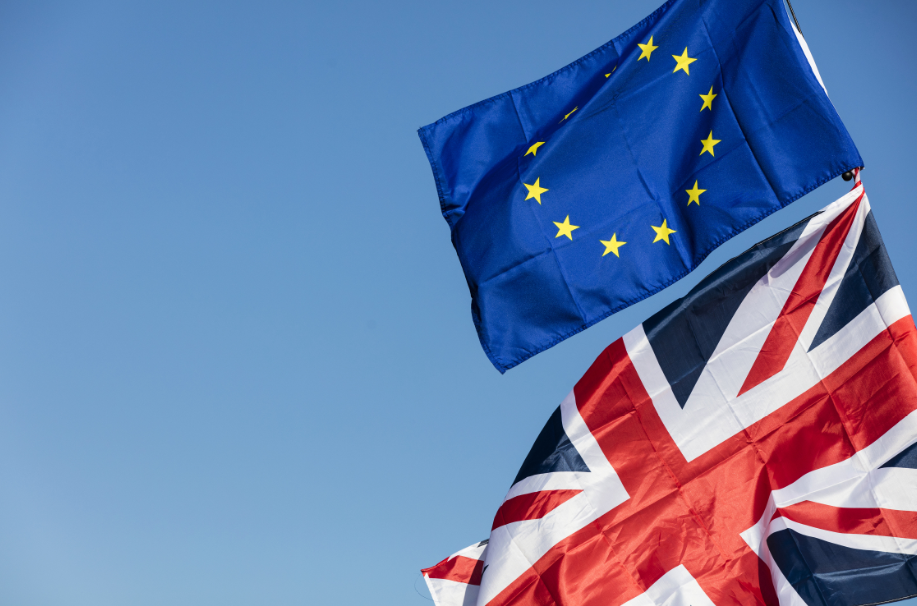
Trade barriers related to Brexit have added £250 to the cost of food for every UK household since December 2019, according to a new report from the London School of Economics (LSE).
LSE’s research – entitled ‘Brexit and consumer food prices’ – found that prices rose by 25% from January 2021 until March of this year, as £6.95bn was added to food costs as a result of the additional trade barriers.
If these obstacles were not in place costs would have only gone up by 17%, according to LSE.
Barriers
The Guardian reports that these barriers include extra paperwork to validate goods and veterinary checks on livestock.
Nikhil Datta, one of the report’s authors, said it was possible food costs would continue to spiral.
“Not everything has been instituted at the border. For instance, not all veterinary checks are being carried out,” he commented.
Food prices still soaring
The IMF has urged the UK government to lower non-tariff trade barriers to reduce inflation, as previously covered in the IOE&IT Daily Update.
Although the base rate of inflation fell to 8.7% in April, food price rises are running even higher at more than 17%, prompting chancellor Jeremy Hunt to ask food producers to do more to “ease the pressure on consumers”.
He also raised the prospect that the government could impose tough new pricing rules, depending on the results of an ongoing investigation by the Competition and Market Authority.
Industry sources rejected Treasury claims and told the Times that they had absorbed 80% of the cost increases they had faced from pricier energy, transport and labour.
Migration supplies workers
With the government’s latest figures for net migration up 20% to a record level of 606,000, Sky reports that businesses are making use of the new post-Brexit migration system to bring in skilled migrants such as IT professionals, nurses and accountants.
Since January 2021, the new system has made it easier for workers outside of Europe to enter the UK, even though the fees for businesses are high.
While the number of European migrants has fallen in recent years, this has been more than offset by a big rise in migrants from countries such as India, South Africa and Ghana.



